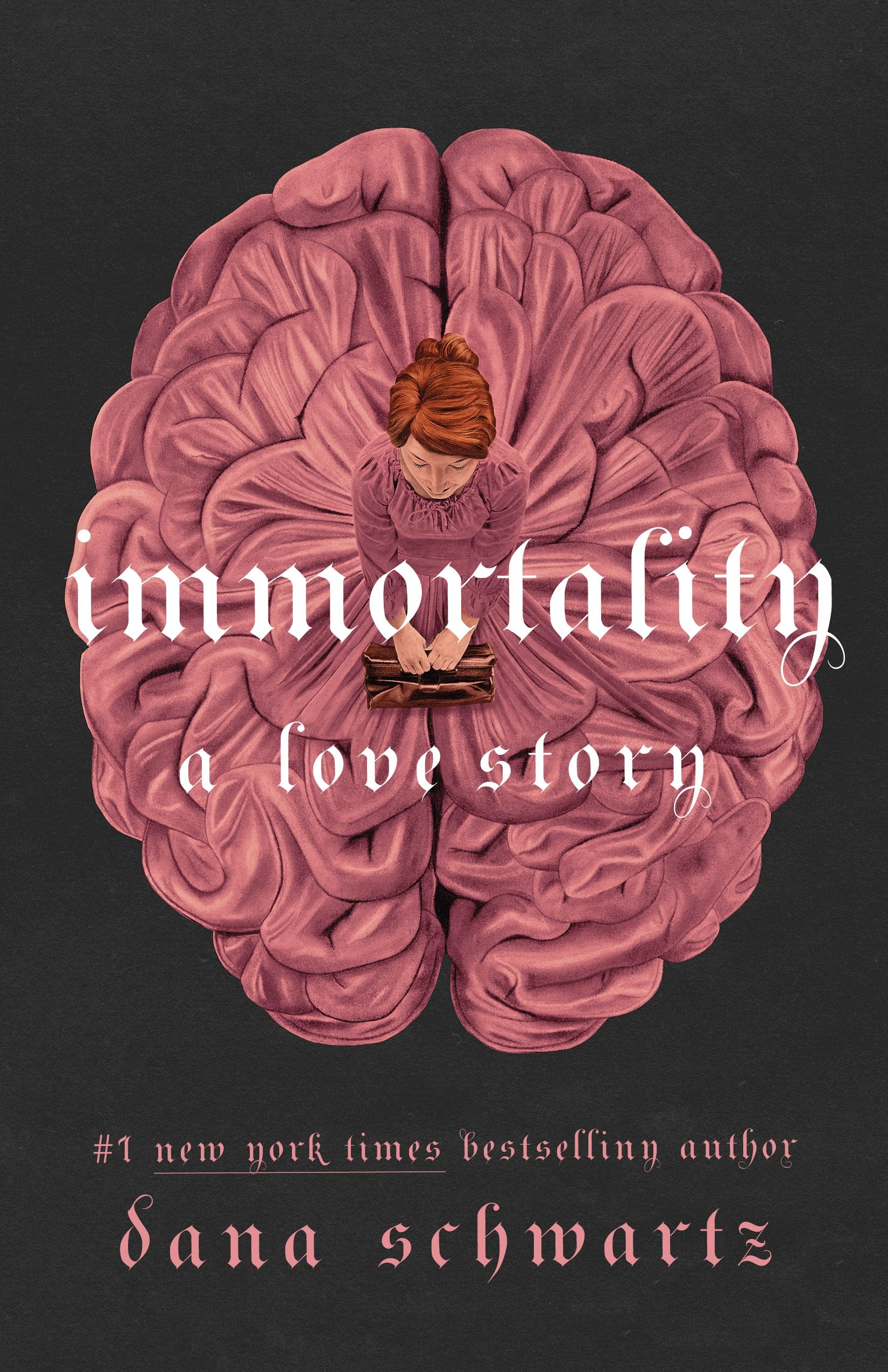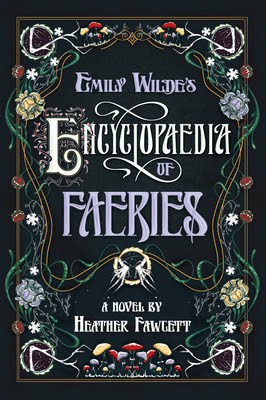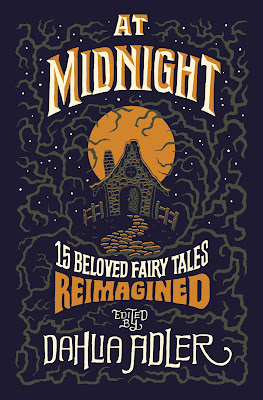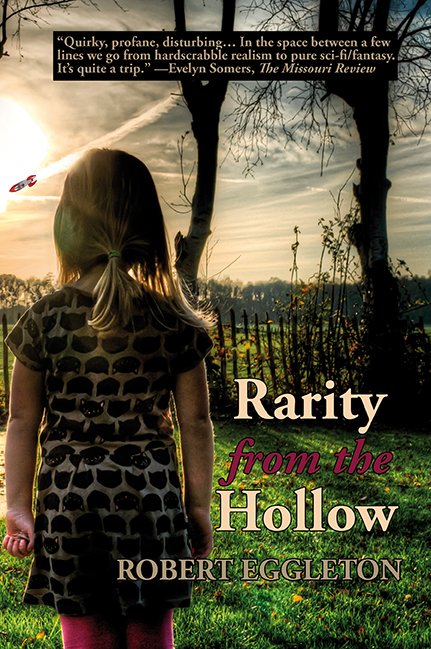Pondering The Middle Ages and Free Giveaway
By Annette Oppenlander
Enthusiasm for the Middle Ages seems to rise the farther away we move into the future. When I visited Rothenburg in Germany this September I landed amidst an entire town gone medieval. (http://www.tourismus.rothenburg.de/index.php?id=682) Every year the citizens of Rothenburg put away their fashionable clothes to don medieval garp. From common maids with tattered dresses and white caps to fancy dresses of ladies, uniforms of a guards and knights, anything goes as long as it looks and feels old. Really old. For an entire weekend, people pretend-live the fates of old, cook over open fires, eat from earthen bowls and trek through town with handcarts.

This is just one example of reliving the medieval era. There are many clubs and renaissance festivals, King Arthur and his roundtable are legend. We pretend to be valiant knights and cute maidens.
The reality looked quite different.
When researching “Escape from the Past: The Duke’s Wrath” I stumbled across much fascinating information about living in medieval times. For peasants life was harsh and short. For merchants and craftsmen it was a bit better. Lords had it best, forcing servants to do their bidding while demanding what peasants produced on the fields. They often lived an opulent lifestyle yet fought frequent and bloody battles. Back then there was no Germany, just the Great Roman Empire. Within, lords, dukes and the Catholic Church fought for power and riches and to protect their fiefdoms—always on the backs of the peasants, of course.
Here is a small selection of entertaining facts about medieval life.
Food
What you ate in 1471 medieval Germany depended greatly on your status. Peasants had two meals a day and often starved while working from dawn till dusk. Lords were known for elaborate celebrations and ten-course dinners.What Peasants Ate
German peasants subsisted on gruel, a slimy concoction of cooked oats or other grains such as rye and barley, without salt or additional flavors. Wheat was reserved for the upper class. Peasants also ate bread, a coarse variety of grains harvested on nearby fields or traded at market. The luckier ones were able to substitute a few veggies and roots. Peasants drank whey and thin beer, a type of ale, and no water because water was often contaminated. Fruits were typically reserved for the rich as were most vegetables and salads. It was widely believed that raw foods led to disease, so if a family had access to veggies they cooked them into mush.The Lord’s Table
To impress their guests and considered healthy, lords of any standing imported expensive spices such as saffron, green pepper, nutmeg and cinnamon. Cooks would then create dozens of dishes, liberally using spices and herbs. Dishes were colored and sometimes created only for show. They were yellow, green and blue and often presented in close proximity to the noble guests so they could partake from what stood near. We would be unable to swallow and digest the dishes cooked in the Middle Ages.Green pepper was particularly sought after and sold for one half Gulden, enough to purchase 35 pounds of beef. Because of its rarity, all sorts of horrible things were added, including mouse droppings and unripe Juniper berries.
Lords ate a huge variety of meat, including swan, beaver, the usual farm animals, crows and other birds. Choice cuts included everything from the typical roast to genitals and eyes. It was believed that the richer the lord, the spicier his foods.
Table Manners
What table manners? By today’s standards, the poor and rich ate with their fingers and wiped greasy hands and mouths on their clothes. Bones would be tossed to the ground straw, burping and farting were acceptable.Laws and Hardship
Reading about the lawlessness of the Middle Ages made me really appreciate our modern first-world society.Peasants had few rights and worked nearly year around, giving most of what they earned/harvested goods to the lords. The average peasant only lived to age 27 while the average lord lived to age 40. While lords feasted on 10-course menus peasants subsisted in rat-infested huts. If a peasant was caught doing something illegal he was found guilty without a trial. Well, there was a trial, but it usually was a foregone conclusion who was right and who was wrong.
If the crime was minor, a peasant was made to wear a shaming mask, an outrageous metal contraption. Sometimes, men or women were put in a basket hung from a rope to be laughed at.
Witchcraft

If a woman was born with red hair, a bunch of moles or somehow interested in medicine, she was often denounced as a witch who danced with the devil. Witch trials were particularly unfair and if a woman refused to confess, torture was a welcome method to extract information. Dozens of torture methods and “tests” were used to force women to confess crimes they hadn’t committed. The verdict was always death, usually by fire…if the suspected witch lived long enough to survive torture and witch tests.
Medicine
Little to nothing was known about medicine, the functions of the body and how to heal an illness. Barbers in bathhouses often performed treatments like pulling teeth because doctors were few and far between. Their methods were crude and often killed the patient for good. Because there were many diseases, including tuberculosis, leprosy, plague, small pox and St. Anthony’s Fire, an illness caused by a mold found on rye kernels, many people died an early death.So what is it that makes us romanticize this time when the reality looked so different? I’d love to hear your thoughts. Add your e-mail in the comment section and I’ll send you a full-color ten-page romp of Castle Hanstein in Thuringia, Germany where “Escape from the Past: The Duke’s Wrath” takes place.
About the Guest Poster
Annette Oppenlander was born and raised in Germany. In 1987, her degree in marketing brought her to the U.S. where she did marketing and market research for Residence Inn hotels. Only three weeks into her one-year assignment, she attended a super bowl party and met her future husband. Less than a year later, they married and nearly everyone at the wedding gave us a year or two.
Her career aspirations cut short with child rearing, dog training and chicken raising in three states, she dabbled in real estate and investments as a financial adviser before landing at the largest PR/advertising company in Indiana and then at Indiana University. Finally back in marketing and communications, she discovered how much she enjoyed writing.
After recording her parents’ stories from WWII, Annette soon embarked on filling in the blanks by inventing dialog, characters and more adventure. The stories grew quietly until she attended the first fiction writing workshop at Indiana University.
With renewed energy, she finished the stories and work with an editor. She attended the Midwest Writers Conference at Ball State University in 2010 (again in 2012 and 2014), more classes, including a weeklong Donald Maass seminar, conferences and nearly six years of critique groups—all contributing to the learning curve of becoming a better writer. Not to forget talking, blogging and tweeting while morphing into an author.
Since completing the first manuscript which—for the moment—rests at the bottom of her virtual desk drawer, she has completed four historical novels and begun another about the American civil war.
Annette’s first historical novel, A Different Truth, about a boy solving a hazing crime in a military prep school in 1969 was published in April 2015. Her forthcoming novel, Escape from the Past-The Duke’s Wrath, book one of a trilogy will be release July 31, 2015.




















2 Comments
Hi everyone, if you have questions about the Middle Ages or want to chat about books, post a comment. I'll be around off and on during the day. Thank you, Kayl, for hosting today. And congratulations to your blogoversary.
ReplyDeleteThanks! Sorry I haven't been around to promote very much, it's been a hectic week!
Delete-Kayl